CWC from a volunteer's perspective
CWC from a medical perspective
CWC from a patient's perspective
The story of Cancer Wellness Connections
Supporting all
who experience gynecologic cancers, through diagnosis, treatment, and beyond
who experience gynecologic cancers, through diagnosis, treatment, and beyond
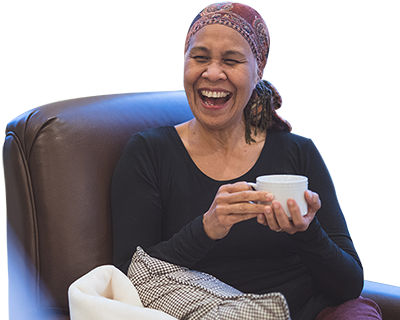
Cancer Wellness Connections is an independent nonprofit organization offering holistic online support and resources focused on the needs of people experiencing gynecologic cancers.
Our program provides tips to not only cope with the effects of cancer, making you more at ease during the course of your treatment, but to help you focus on the control you retain regardless of diagnosis—and your ability to continue to live an enriched and fulfilling life.

“Health is a state of complete physical, mental and social well-being and not merely the absence of disease or infirmity.” ~World Health Organization’s 1948 Constitution

Regular physical activity and careful nutritional planning are both essential to a healthy lifestyle overall. Altering habits related to diet and exercise are generally some of the first suggestions recommended by health professionals to help one cope effectively with cancer treatment.
For more about physical well being, click a link below:

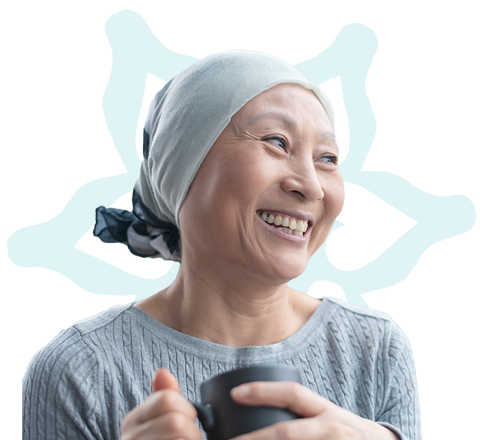
The process of cancer treatment can be tumultuous and uncertain. While a medical team will care for your physical well-being during cancer treatment, there is often not as much emphasis placed on your emotional well-being. And yet stress and anxiety can take an additional toll on your health. Recognizing your feelings, but learning to strike a balance between what you can and can’t control will help in cultivating resilience and establishing balance in your life. As CWC Co-Founder Dr. Cynthia Angel has said, “You can live well while living with cancer”
For more about mental and emotional well being, click a link below:
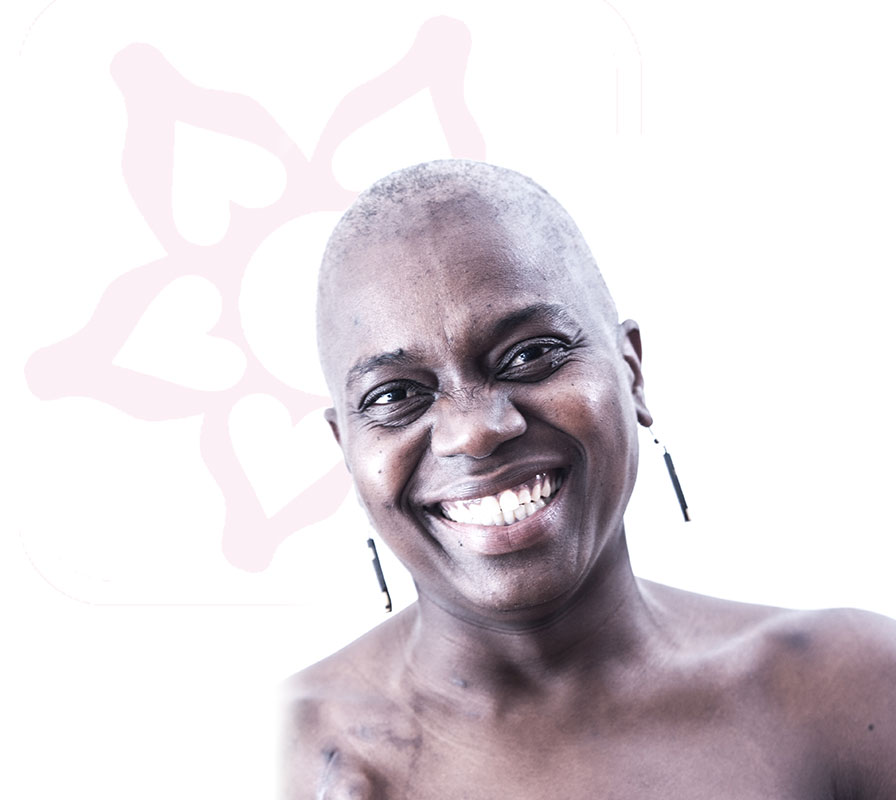
Well Being
Maintaining strong relationships with family, friends and your community are essential for well-being, especially in the face of a life challenge like enduring the process of cancer treatment. Our program emphasizes the benefits of leaning on a support network for practical help. We also encourage compassion, a key component to feeling supported, valued, and loved. This helps one maintain a full sense of personhood rather than feeling merely like a cancer patient.
For more about social well being, click a link below:
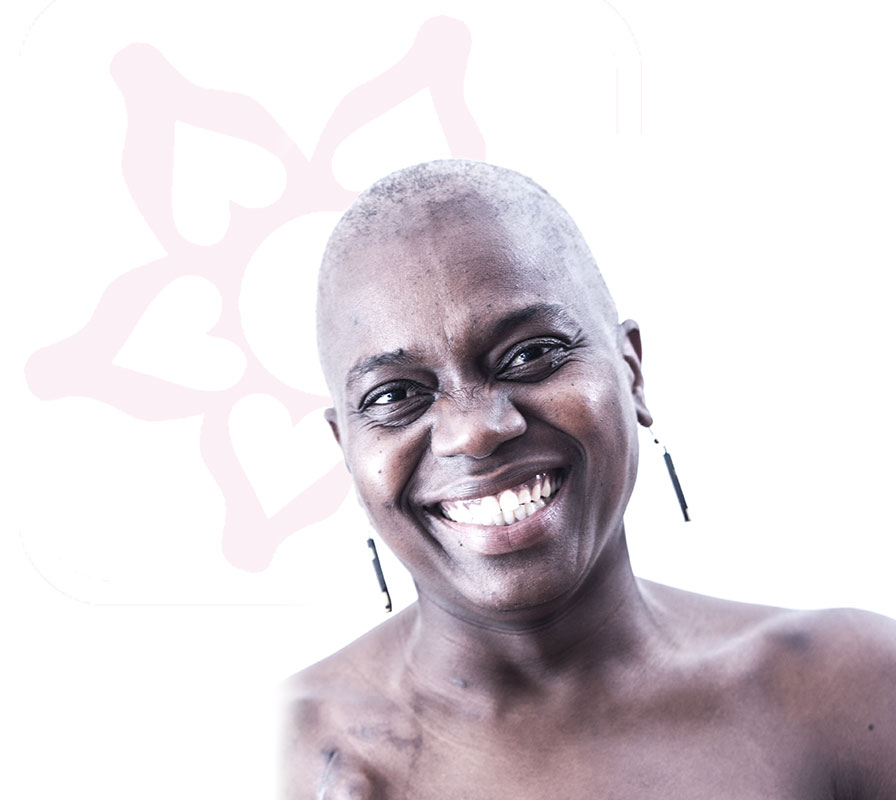
“You are not your illness. You have an individual story to tell. You have a name, a history, a personality. Staying yourself is part of the battle.” ~Julian Seifte
Cancer Wellness Connections was originally designed to bring in-person activities to all people receiving outpatient infusion treatments in Rochester-area clinics. With the onset of COVID-19, we transitioned to online support that can be accessed by anyone at any time, always free of charge.
Our program is not only designed to comfort and help you within the confines of the infusion room, but also give you tips and techniques that help you moving forward. Focusing on ways to reduce stress, promoting mindfulness and relaxation will help not only during treatment, but beyond as you navigate your new normal. With practice, these aspects of self care can empower you to increase well-being and quality of life no matter the circumstances.
Through online videos, downloadable content, and links to resources you’ll be able to learn how to build your resilience in stressful times and to find wellness.
“I have cancer. Cancer doesn’t have me.”
~Marco Calderon
“Love and laughter are two of the most important universal cancer treatments on the planet. Overdose on them.”
~Tanya Masse
"Cancer is not a word. Cancer is not a sentence."
~John Diamond
“HEALTH is a state of body. WELLNESS is a state of being.” ~J. Standford
Our Story
Cancer Wellness Connections is a nonprofit organization that was founded in the Gynecologic Oncology Office of Drs. Cynthia Angel & Brent DuBeshter, providing comfort and care directly into the infusion clinics where women were actively receiving outpatient chemotherapy. Through various activities, our volunteers brought bright spots to treatment times. During the pandemic, we turned to a hybrid of virtual programming offering similar support to people in our community impacted by Gynecologic Cancers, helping them connect with wellness and wellbeing.
Cancer Wellness Connections is independently funded by donations of people like you!
Our Founders
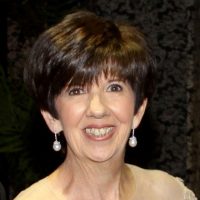
Eileen Grossman
Eileen recognized how isolating cancer treatment can be for both patients and their families. Long hours in the infusion chair can be scary, if not just plain boring. From that, her vision for a program that became Cancer Wellness Connections was born. Through Eileen’s leadership and counsel, Cancer Wellness Connections has been able to enrich the lives of so many, especially people receiving outpatient infusions for cancer and chronic illnesses.
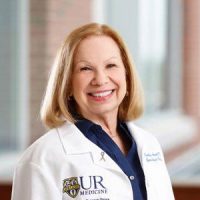
Dr. Cynthia Angel
Gynecologic Oncologist Dr. Cynthia Angel observed that the patients she saw doing the best were the ones who didn’t put their lives on hold. Through her lens as a scientist, she saw how the many advances in therapies means that many patients will live with a chronic or extended condition. Regardless of outcome, Dr. Angel’s focus is on quality of life that is not overshadowed by a diagnosis. Her principles guide Cancer Wellness Connections’ vision that living well with cancer is possible.
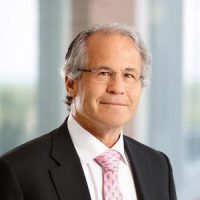
Dr. Brent DuBeshter
Practice partner with Dr. Angel, Dr. DuBeshter is similarly focused on patient experience. For him, to view a cancer diagnosis through the rigid lens of being cancer free as the only positive outcome is an oversimplification. As such he whole heartedly embraced the idea of forming a program that could help his patients find a sense of wellness throughout treatment and beyond.
Cancer Wellness Connections is an independent program that touches the lives of more than 25,000 of our neighbors going through treatment for gynecologic cancers. Your support will have an immediate impact on making their journeys a little easier.

presents
This year, we’re thrilled to share that every dollar you raise will go directly to supporting Gynecologic Cancer Research at the esteemed University of Rochester Medical Center. Your contribution isn’t just a drop in the bucket, it’s a significant step towards advancing research and improving outcomes for those affected by gynecologic cancers. Join us in this important cause and be a part of making a real difference in the lives of many. Mark your calendars for 9/7/24 at MCC’s Brighton Campus – we’ve got plenty of parking and top-notch facilities ready for you.
Participating in this event allows you to make a tangible difference by contributing to the funding of Gynecologic Cancer Research at the University of Rochester Medical Center and raising crucial awareness about the significance of early detection and risk reduction for gynecologic cancers. By joining this event, you can celebrate the strength of survivors, fighters, and those who have bravely battled gynecologic cancers. Additionally, you can relish in the sense of community as you participate in this fun and inspiring event alongside like-minded individuals who share a deep care for women’s health.
With Gratitude, CWC Says Farewell
After thoughtful consideration and reflection, Cancer Wellness Connections has made the difficult decision to close down our program. Since its inception in 2007 by our visionary founders, Eileen Grossman, Dr. Cynthia Angel, and Dr. Brent DuBeshter, our mission has been to provide not only diversions but also tools to support individuals undergoing outpatient chemotherapy. Over the years, our staff, volunteers, and Care Partners have had the privilege of accompanying many of you on your cancer journey. The challenges brought forth by the COVID-19 pandemic necessitated a shift to virtual programs, but they ultimately couldn’t replace the in-person connections that were our core strength. It is with heavy heart that we announce the discontinuation of our programming. We are immensely grateful for the opportunity to have been a part of your lives and are sending our warmest wishes for your continued strength and resilience on your path ahead.




















